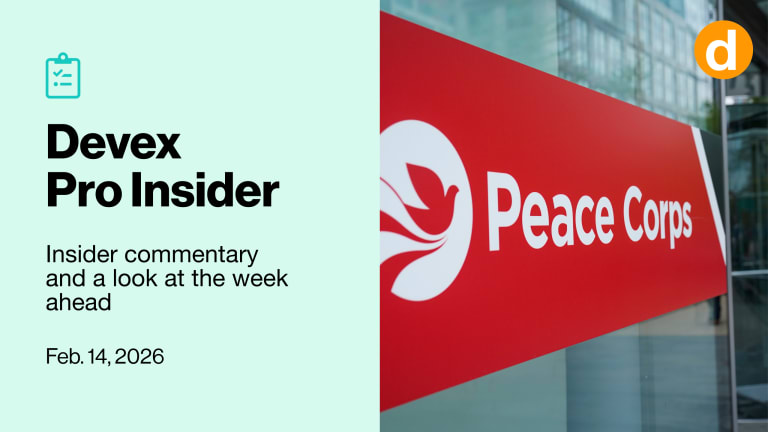Suppliers bidding for USAID business should expect “targeted” changes under the incoming Republican administration rather than a massive overhaul of how the agency does business, the audience at a Devex event heard on Monday.
Mike Shanley, CEO of Konektid — a consultancy that advises organizations bidding for work with USAID — said that a lot would depend on who took charge of the agency, with experts keenly examining the list of potential candidates.
However he referenced the previous Trump administration, in which Mark Green held the position. Green has generally been highly regarded among the aid community and introduced several popular reforms.
This story is forDevex Promembers
Unlock this story now with a 15-day free trial of Devex Pro.
With a Devex Pro subscription you'll get access to deeper analysis and exclusive insights from our reporters and analysts.
Start my free trialRequest a group subscription







